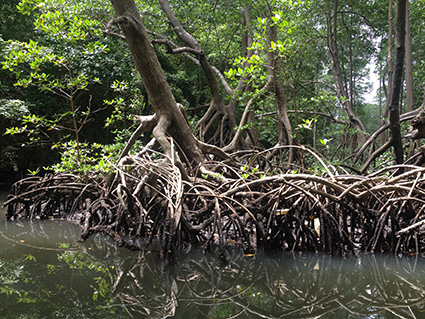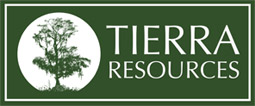
Eligible Wetland Restoration Carbon Offset Project Activities
Currently only wetland restoration projects in the Mississippi River Delta are eligible for carbon credits under the methodology. The Mississippi River Delta is located primarily in Louisiana but extends into some parts of Texas and Mississippi. Next, the wetland restoration project is required to be implemented on existing degraded wetlands. The degraded wetlands can be forested or non-forested, and can range from fresh to saline. Lastly, the wetland restoration project cannot be required by law. The implication being that wetland mitigation banks are not eligible for carbon funding at this point in time.
A variety of wetland restoration activities are eligible under the methodology. Assisted natural regeneration, seeding, and tree planting with a variety of species such as cypress and mangroves are eligible activities. Hydrologic management may also be implemented to provide suitable conditions for wetland vegetative productivity and carbon sequestration. Examples of eligible hydrologic management project activities include the diversion of river water (e.g. Mississippi River or other) into wetlands, introduction of nonpoint source runoff (e.g. agricultural, storm water) into wetlands, discharge of treated municipal effluent into wetlands (e.g. wetland assimilation), and other types of hydrologic management to maximize overland sheet flow and minimize impounded, stagnant or channelized conditions. A combination of any of these activities that maximize overland sheet flow and minimize impounded, stagnant or channelized conditions include:
- The diversion of river water (e.g. Mississippi River or other) into wetlands.
- Introduction of nonpoint source runoff (e.g. agricultural, storm water) into wetlands.
- Discharge of treated municipal effluent into wetlands (e.g. wetland assimilation).
- The combination of any of the above activities is allowed.
In addition any activities that prevent wetland loss are also eligible under our methodology.





